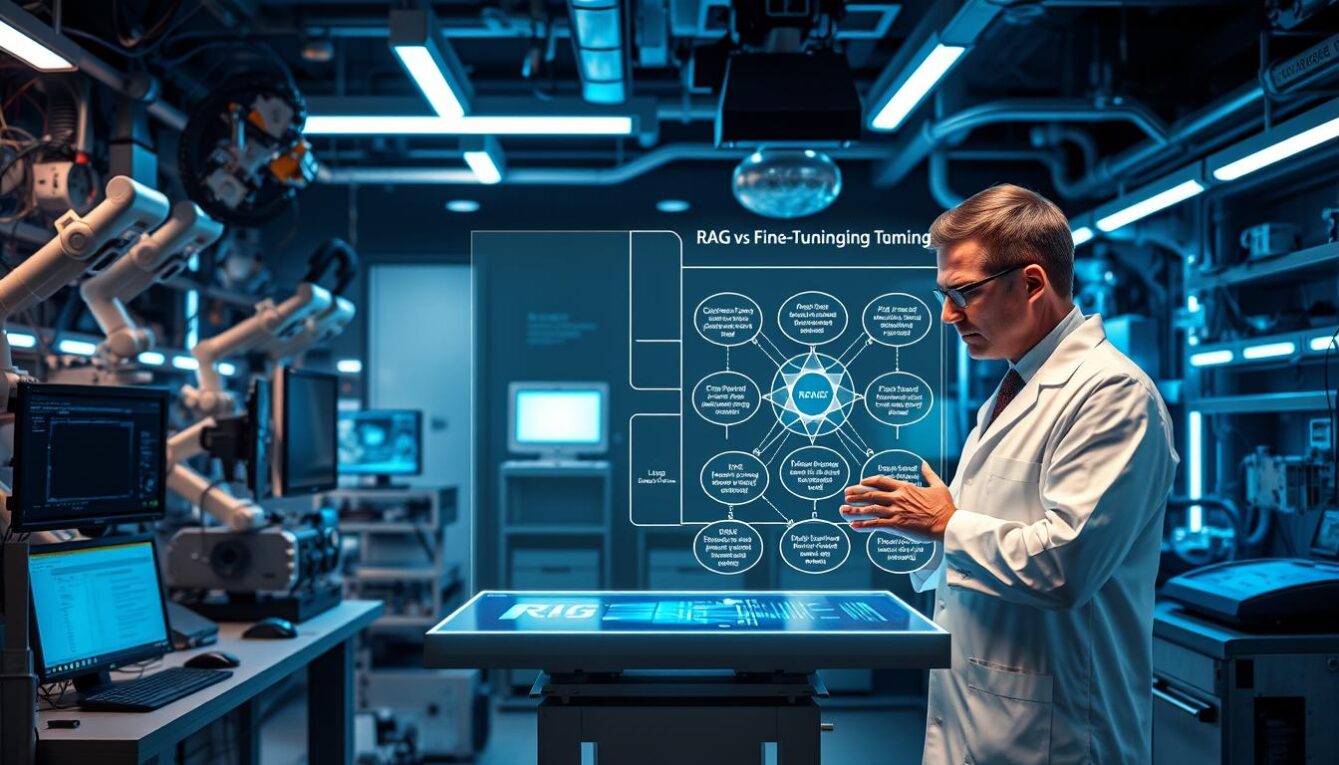Introduction
Artificial Intelligence (AI) is an emerging technology that can transform various industries, including healthcare. In the medical field, AI can assist healthcare professionals in diagnosing diseases, predicting outcomes, and providing personalized patient treatment plans. One of the most promising AI technologies in healthcare is Open AI. Open AI is a form of AI that can learn from large amounts of data and improve its performance over time. This article explores the best use cases for Open AI in the medical field and how it can improve patient outcomes while reducing costs.
The Best Use Cases for ChatGPT in the Medical Field
- Diagnostics: Open AI can help healthcare professionals to make accurate diagnoses by analyzing patient data. The AI can quickly compare a patient’s symptoms with millions of other cases and identify patterns that may not be visible to humans. Open AI can also integrate with medical imaging systems, such as MRI and CT scans, to identify abnormalities and provide accurate diagnoses.
- Drug Discovery: Open AI can help pharmaceutical companies to develop new drugs by analyzing large amounts of data. The AI can identify potential drug candidates and predict their efficacy, reducing the time and cost associated with traditional drug discovery methods.
- Personalized Treatment Plans: Open AI can analyze patient data, such as medical history, genetics, and lifestyle, to create personalized treatment plans. The AI can identify the most effective treatments for a specific patient, reducing the risk of adverse effects and improving patient outcomes.
- Predictive Analytics: Open AI can predict the likelihood of a patient developing certain conditions based on their medical history, lifestyle, and genetic factors. This information can be used to develop preventative strategies and early intervention programs.
- Patient Monitoring: Open AI can monitor patient data in real-time and alert healthcare professionals of any changes in a patient’s condition. The AI can also provide insights into the effectiveness of treatments, enabling healthcare professionals to adjust treatment plans as needed.
Key Takeaways
- AI can transform the medical field by improving patient outcomes and reducing healthcare costs.
- AI can assist healthcare professionals in diagnosing diseases, predicting outcomes, and providing personalized treatment plans for patients.
- AI can also monitor patient data in real-time, alerting healthcare professionals of patient condition changes and enabling them to adjust treatment plans as needed.
- AI can reduce healthcare costs by streamlining diagnostic processes, reducing the time and cost associated with drug discovery, and improving patient outcomes.
- AI is safe for use in the medical field and can provide significant benefits for healthcare providers and patients.
FAQ
Open AI can improve patient outcomes by providing more accurate diagnoses, personalized treatment plans, and early intervention strategies. The AI can also monitor patient data in real time, alerting healthcare professionals of any changes in a patient’s condition and enabling them to adjust treatment plans as needed.
ChatGPT can reduce healthcare costs by streamlining diagnostic processes, reducing the time and cost associated with drug discovery, and improving patient outcomes. By providing more accurate diagnoses and personalized treatment plans, Open AI can reduce the risk of adverse effects and hospital readmissions, resulting in cost savings for healthcare providers and insurers.
This one is a big if. It is as long as it has proper training and supervision. It’s all about quality control. The AI is designed to learn from large amounts of data and improve its performance over time, enabling healthcare professionals to make more accurate diagnoses and provide personalized treatment plans.










